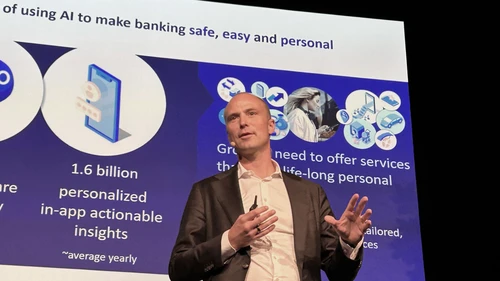DDoS stands for Distributed Denial-of-Service. It involves an attempt to overwhelm a system or website to prevent users and customers from accessing online services or causing delays when doing so. This can affect apps, websites and both public and private digital services.
Cyber-related crime such as DDoS attacks has become a growing societal problem. These attacks are targeted societies for example authorities, companies and banks to create disruption and uncertainty.
Why do cyber criminals use these attacks?
DDoS attacks are intended to cause uncertainty. The primary goal is to disrupt services by preventing users from using or accessing websites and their services. The attacks can temporarily slow down services. DDoS attacks do not result in data breaches, and user data are not compromised and they remain secure across all platforms.
DDoS attacks are intended to be disruptive and offer no financial gain for hackers. The attacks are typically politically motivated or carried out as acts of vandalism for bragging rights in certain communities.
What does Nordea do?
Like other companies, Nordea is occasionally targeted by DDoS attacks, and normally our control systems block malicious traffic with no impact on our customers. Our top priority is to always be able to service our customers. However, these attacks may cause temporary slowness in our digital channels or brief interruptions to our services .
Nordea is committed to meeting regulatory requirements and continuously enhancing systems and processes to counter cyber threats. We work closely with regulators, government authorities, law enforcement and national cyber security agencies to strengthen our cyber preparedness.
We firmly believe that society must unite to protect itself against such attacks.
Our defence mechanisms are strong and continuously improving as the threat actors become more sophisticated. While our enhanced defence mechanisms reduce the impact of attacks, our customers may occasionally experience slower or temporarily unavailable services.


